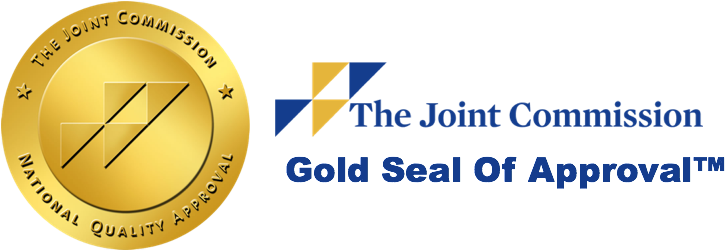Many people have a romanticized view when it comes to alcohol, substances, and the workplace. Much of this comes from the antiquated “Mad Men” style depictions of people drinking continuously at work and enduring little to no consequences. There is also a bravado when it comes to substance use and work, as though the more one utilizes alcohol and drugs to maintain a steady workflow, the more valuable they become. However, both this old-fashioned view of work and this “I can hack it” view of work are both wrong and can even be dangerous.
The Prevalence of Alcohol and Substance Use Disorder in the U.S.
Substance use disorder (SUD) is especially prevalent in the United States. According to the Substance Abuse and Mental Health Services Administration’s (SAMHSA) National Survey on Drug Use and Health (NSDUH), “In 2022, 48.7 million people aged 12 or older (or 17.3%) had a substance use disorder (SUD) in the past year, including 29.5 million who had an alcohol use disorder (AUD), 27.2 million who had a drug use disorder (DUD), and 8.0 million people who had both an AUD and a DUD.”
It is important to understand that not all people who misuse, or even abuse, alcohol or substances have AUD or SUD. However, for many, continued substance misuse (and especially abuse) does increase the risk of developing AUD or SUD. A large portion of people who end up struggling with AUD or SUD do so because they are using alcohol or substances as a means of managing stress, anxiety, or depression – some of which are directly related to work.
The Prevalence of Work Depression in the U.S.
Work depression is more common than people may realize. According to the American Psychiatric Association (APA) and the Center for Workplace Mental Health, “Major depressive disorder (MDD) is estimated to affect around 16 million Americans and, according to the World Health Organization, is the leading cause of disability worldwide. In the U.S. workforce, the prevalence of MDD has been estimated at 7.6%… [Major depression] encompasses a broad range of symptoms such as feeling worthless, having thoughts of suicide, losing interest in most or all activities, experiencing a significant reduction or increase in appetite or sleep, and having difficulty concentrating.”
Just as people outside work use alcohol or substances to self-medicate for depression, so do people at work. It is estimated that individuals will spend around one-third of their lives working. Therefore, it is no surprise that people who are more susceptible to stress attempt to cope by using substances at work, and after.
Understanding the Link Between Alcohol UseSubstance Use and Work and Depression
Many people feel overwhelmed and depressed at work, and instead of telling someone about those feelings, they bury them and then use alcohol and/or substances as a way to cope with them. Of course, this is both unhealthy and merely a short-term “fix.”
Additionally, many work environments promote alcohol and even substance use as a way to manage work stress, anxiety, or depression. Some workplaces promote alcohol use to “take the edge off,” and others promote stimulant use (like Adderall for example) to “keep going until the job is done.” These are both examples of very unhealthy work environments that can lead to very unhealthy employees. To break the link between alcohol use and depression, we must also break the link between substance use and work.
How to Help Someone Struggling With Alcohol Use and Depression
Perhaps the best way to help someone struggling with alcohol use and work depression is to talk to them about it. Many people will be happy to discover that someone has noticed and is concerned about their alcohol use and depression.
Another way to help someone struggling with alcohol use and depression is to direct them to the right “in-house” departments that are designed and tasked to handle these types of situations. Many people don’t realize that their workplace and human resource department (HR) have protocols in place that can help someone struggling to get the help they need. Often, this is covered by the company as well.
Some people get nervous about addiction and mental health stigma or missing time at work. However, it is important to understand that one’s health should always come before one’s work.
The Importance of Comprehensive Addiction and Mental Health Care at The Phoenix Recovery Center
Here at The Phoenix Recovery Center, we understand that many people struggle with dual issues of addiction and mental illness. This is why we offer comprehensive addiction and mental health care that is equipped to address any issues an individual may have, including issues related to work.
One must ask themselves, “If I spend one-third of my life at work, is it worth spending that one-third unhappy?” At The Phoenix Recovery Center, our answer will always be a resounding “never.”
Many people attempt to manage work stress, anxiety, and depression by drinking alcohol and using substances. While this may seem effective in the short term, ultimately it will only exacerbate the situation and make things worse down the road. It can also lead to alcohol and substance use disorder. If you feel like you, an employee, employer, or coworker may be struggling with issues of addiction or mental illness related to work stress, we can help get you on the right road to long-term recovery. For more information about how work stress can lead to anxiety, depression, and alcohol or substance use disorder, please reach out to The Phoenix Recovery Center today at (801) 438-3185.







